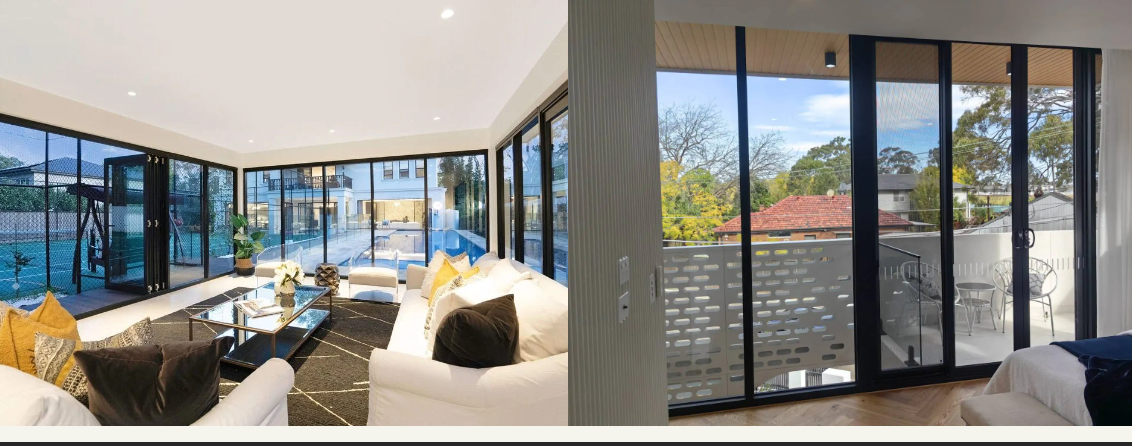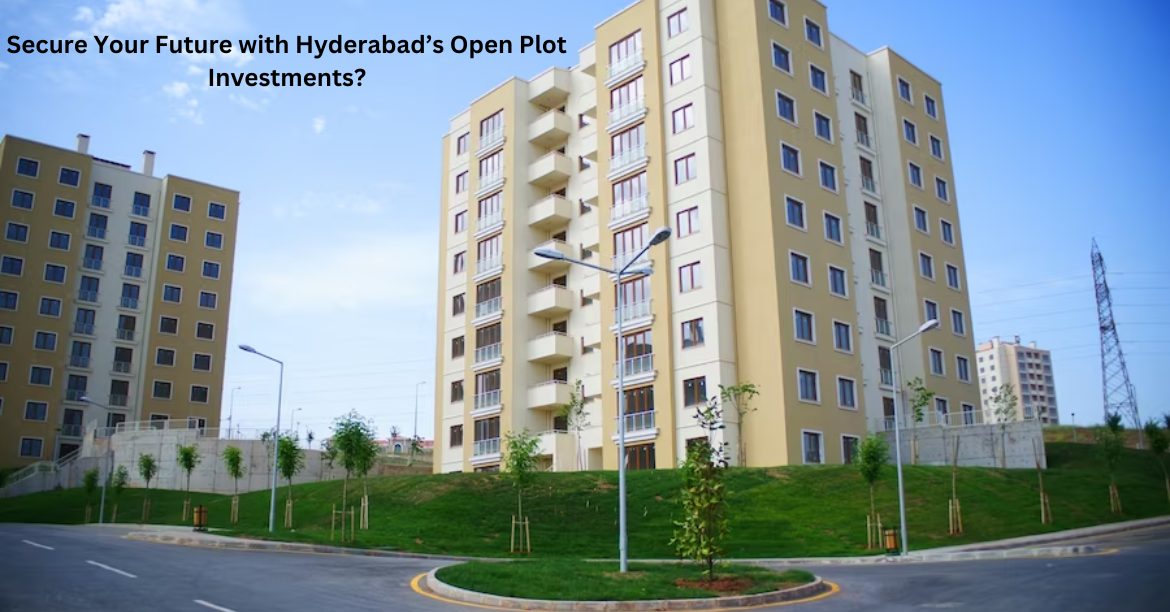Folding doors, also known as bi-fold doors, are a popular home improvement feature praised for their sleek design, functionality, and ability to transform spaces. However, they often come with a high price tag, leaving many homeowners wondering why they are so expensive compared to traditional doors.
In this blog, we’ll delve into the factors that contribute to the cost of folding doors, from their premium materials and engineering to installation complexities and long-term benefits.
1. High-Quality Materials
One of the primary reasons folding doors are expensive is the use of premium materials. These materials ensure durability, aesthetics, and performance over time.
- Aluminum: Often chosen for its lightweight and corrosion-resistant properties, aluminum is a popular material for folding door frames. Its sleek appearance and ability to support large glass panels without compromising structural integrity add to its appeal and cost.
- Timber: Wooden folding doors, particularly those made from hardwoods like oak or teak, are pricier due to the cost of raw materials and the craftsmanship required for finishing.
- uPVC: While more affordable, high-quality uPVC folding doors can still be costly due to enhanced manufacturing techniques and additional reinforcements for strength.
- Glass Panels: Folding doors often feature large double- or triple-glazed glass panels. High-quality glazing with thermal insulation, UV protection, and noise reduction adds significantly to the cost.
These materials ensure the doors are not only visually appealing but also robust and energy-efficient, justifying their higher price.
2. Advanced Engineering and Mechanisms
Folding doors require precise engineering and high-performance mechanisms to function smoothly and safely.
- Sliding Tracks: Folding doors operate on sliding tracks that must be perfectly aligned to allow the panels to fold and glide seamlessly. The tracks are often made of durable materials like stainless steel, which adds to the cost.
- Hinges and Rollers: Heavy-duty hinges and rollers are essential for supporting the weight of the door panels.
- Weatherproofing: Advanced weather seals and gaskets are integrated to make folding doors resistant to rain, wind, and temperature fluctuations.
The intricate design and premium components required for reliable operation significantly increase production costs.
3. Customization Options
Folding doors are often custom-made to fit specific spaces, which adds to their expense. Standard sizes may not suit all homes, and many homeowners opt for bespoke designs.
- Size and Configuration: Larger doors or unique configurations, such as corner installations or doors with multiple panels, require additional materials and craftsmanship.
- Color and Finish: Options like powder-coated aluminum, timber stains, or custom colors increase costs.
- Glass Options: Features like tinted, frosted, or decorative glass further elevate the price.
Customization ensures that the doors perfectly match the aesthetic and functional needs of the space, but it comes at a premium.
4. Energy Efficiency Features
Modern folding doors are designed to meet high energy efficiency standards, which also contribute to their cost.
- Glazing Technology: Double- or triple-glazed panels help retain heat during winter and block out excessive heat in summer. These advanced glass technologies often come with higher manufacturing costs.
- Thermal Breaks: Aluminum frames often include thermal breaks—insulated barriers that reduce heat transfer. These add to the complexity and expense of the frames.
- Weather Sealing: Comprehensive sealing systems prevent drafts and leaks, ensuring energy efficiency but adding to production costs.
Energy-efficient folding doors may be expensive upfront, but they help lower energy bills in the long run, making them a worthwhile investment.
5. Labor-Intensive Manufacturing Process
The production of folding doors is a labor-intensive process requiring skilled craftsmanship and precision.
- Bespoke Manufacturing: Each door set is typically custom-made to the exact dimensions of the opening, requiring detailed measurements and specialized production techniques.
- Quality Control: Ensuring that every component—frames, glass, hinges, and seals—meets stringent quality standards adds to the time and cost involved.
This meticulous process ensures that the final product is both functional and visually stunning, but it also increases the price.
6. Complex Installation Requirements
Installing folding doors is more complicated than fitting a standard door, which contributes to the overall expense.
- Expert Installation: Poor installation can lead to operational issues or compromise energy efficiency.
- Structural Considerations: Folding doors often require modifications to the opening, such as reinforcing walls or adding steel beams to support the weight of the doors. These structural adjustments can add to installation costs.
- Precision Work: The alignment of tracks, seals, and panels must be perfect to ensure the doors function correctly and provide weatherproofing.
Hiring experienced professionals ensures a flawless installation but adds to the total cost.
7. Durability and Long-Term Value
Folding doors are built to last, and their longevity contributes to their higher price.
- Low Maintenance: High-quality materials like aluminum and tempered glass require minimal upkeep, reducing long-term maintenance costs.
- Warranty: Many manufacturers offer extended warranties, reflecting their confidence in the product’s durability. These warranties, however, are factored into the price.
8. Import and Branding Costs
If the folding doors are imported, additional costs such as shipping, tariffs, and taxes may be involved. Moreover, premium brands often charge higher prices for their reputation, quality assurance, and after-sales support.
Are Folding Doors Worth the Investment?
Despite their high cost, folding doors offer numerous benefits that make them a worthwhile investment:
- They enhance the aesthetic appeal and value of your home.
- They improve natural light and energy efficiency.
- They create versatile and functional living spaces.
For homeowners seeking a long-term solution to enhance their home’s style and functionality, folding doors provide unmatched benefits that justify their price.









